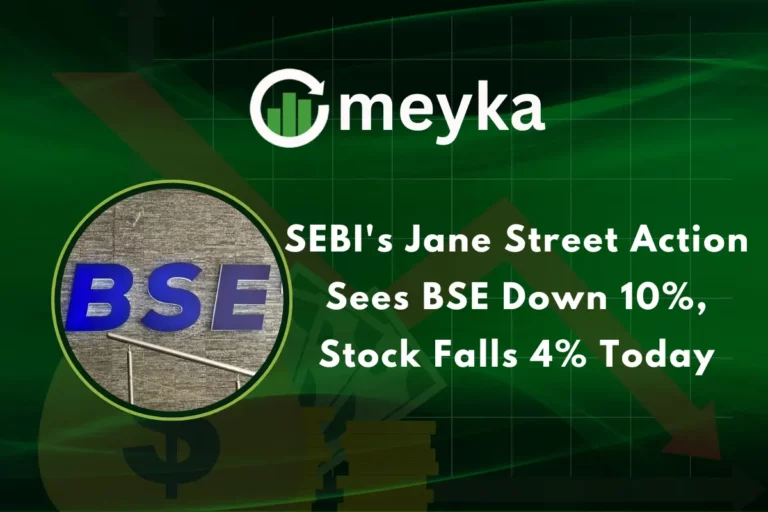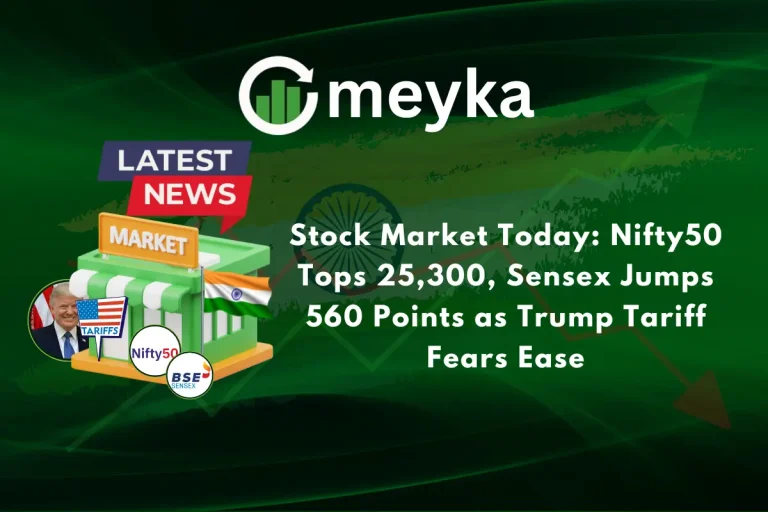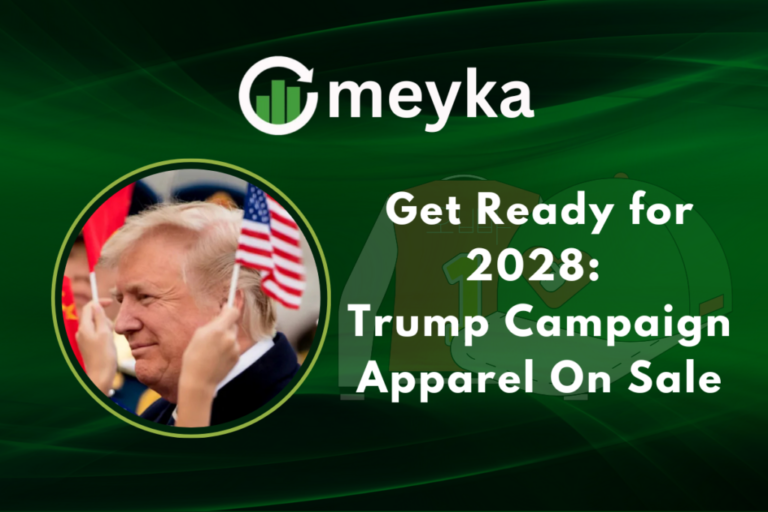G20 Inequality Panel Urged by 500+ Economists and Leading Experts
Over 500 economists and leading experts have called on world leaders to create a permanent G20 inequality panel, a new international body to track and tackle rising gaps in income and wealth. The call follows a major report led by Nobel laureate Joseph Stiglitz, which warns of an inequality emergency and asks the G20 to act now.
Continue Reading on Meyka
This article is available in full on our main platform. Get access to complete analysis, stock insights, and more.
Read Full Article →





